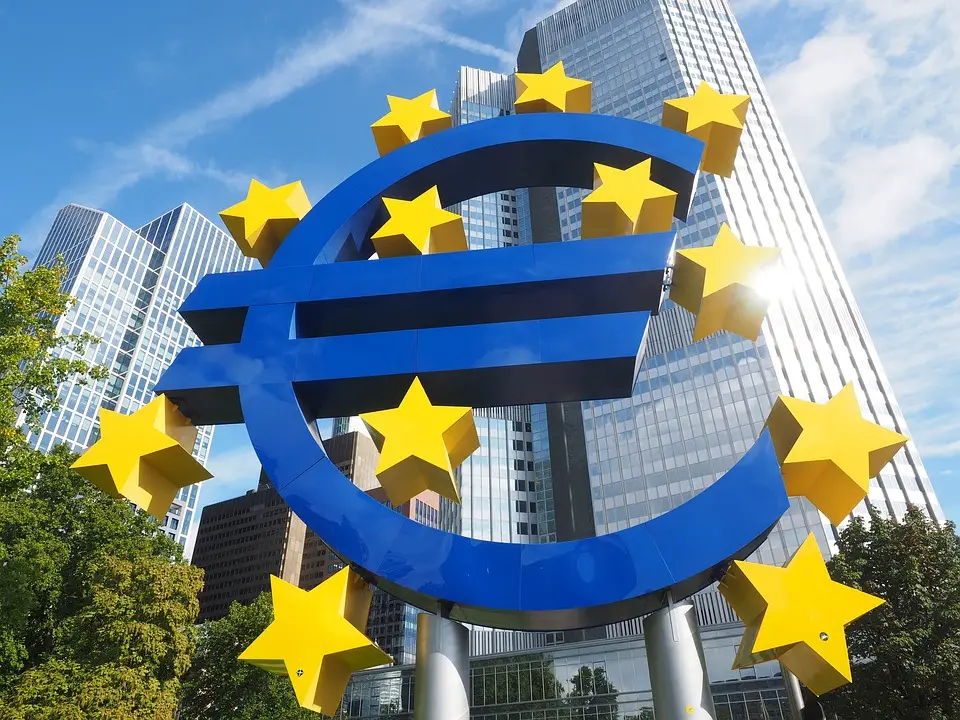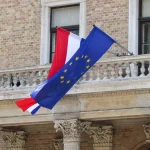As Poslovni Dnevnik/Ana Blaskovic writes, the recent assessment that Croatia is ready to introduce the euro as its currency is the achievement of one of the two strategic goals of the current government, said Prime Minister Andrej Plenkovic.
He pointed out that the Convergence Report underlined Croatia as the only remaining member state outside of the Eurozone now ready for the euro, and that it was especially important that it met the criterion of stable prices.
“Croatia no longer has macroeconomic balances, and the fact that in the whole package of our efforts, from responsible public finance management, our exit from the excessive budget deficit procedure, raising the rating to the investment level, the fact that we implemented all reforms that were on the table after entering the exchange rate mechanism and banking union in time, in accordance with the action plan, says that Croatia has achieved one of the fundamental political goals in the mandates of our two governments through the implementation of the strategy for the introduction of the euro,” said Plenkovic, making no effort to hide his satisfaction at the recent press conference at Banski dvori, accompanied by Minister Zdravko Maric and Davor Filipovic.
Focusing on meeting the Maastricht criteria, he didn’t say a word about the EC’s far less flattering assessment that there has been no progress made in terms of economic convergence and in regard to substantial reforms.
Just a few hundred metres away, the Governor of the CNB (who together with Plenkovic presented the Strategy for the Introduction of the Euro in October 2017) addressed the press separately, accompanied by EC Vice President Valdis Dombrovskis.
He reiterated that the benefit of Croatian Eurozone membership means strengthening resilience to all sorts of crises and external shocks, of which there have been many recently, while bringing multiple benefits to both people and the economy.
“It’s much better to be in the Eurozone at the moment than it is to be outside it,” said Boris Vujcic, noting that back in October 2020, the CNB entered into close cooperation with the ECB, which means that Croatia has very much already entered the banking union, adding that the CNB is waiting for the final step of integration into the Eurozone, set to take place on the first day of 2023.
When asked by reporters whether a time of ongoing crisis was really the best time for Croatian Eurozone membership, Boris Vujcic said it would have been better if we had done it earlier.
“The sooner Croatia’s entry into the Eurozone, the better, this is the best moment we have at our disposal now and I think it’s proof that we already had the support of the ECB at the beginning of the pandemic crisis, which wouldn’t have been possible if we weren’t very close in terms of the exchange rate mechanism. That helped us overcome the coronavirus crisis more easily,” he said. A concrete advantage for Croatia, he illustrated, is that interest rates have remained unchanged, unlike across most non-Eurozone member states, where they have risen and risen.
Valdis Dombrovskis congratulated Croatia on its “historic achievement”, saying all criteria had now been completely met.
“Joining the Eurozone is especially important because the whole world is in a crisis caused by the war, and that’s why it’s important to be part of the Eurozone, which uses the second strongest currency in the world. This will help Croatia in many financial aspects, including regarding lower interest rates,” Dombrovskis said.
The EU Council is expected to make its final decisions on Croatian Eurozone membership in the first half of July this year, with prices set to be shown in both kuna and euros starting on the 5th of September. Finance Minister Zdravko Maric said that Croatia still has a lot of work to do, which includes the adequate (pre) supply of cash to banks, Fina and the Croatian Post (Hrvatska posta), as well as the indirect pre-supply to companies so that everyone is ready to realise all transactions in euros as of the 1st of January, 2023.
For more, make sure to check out our dedicated politics section.











